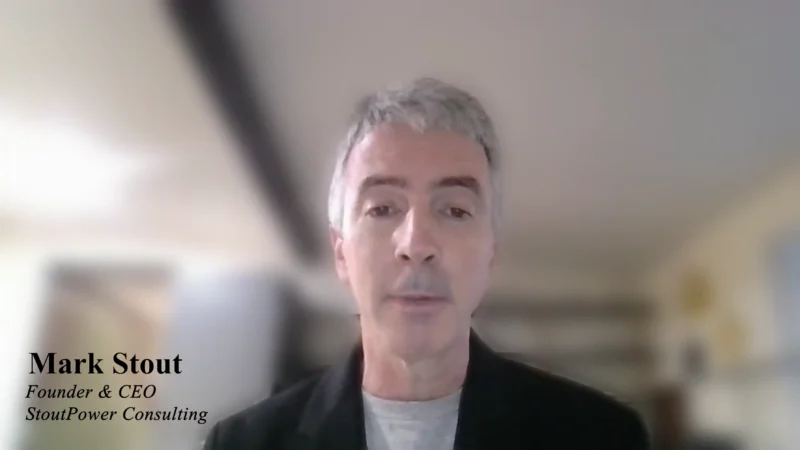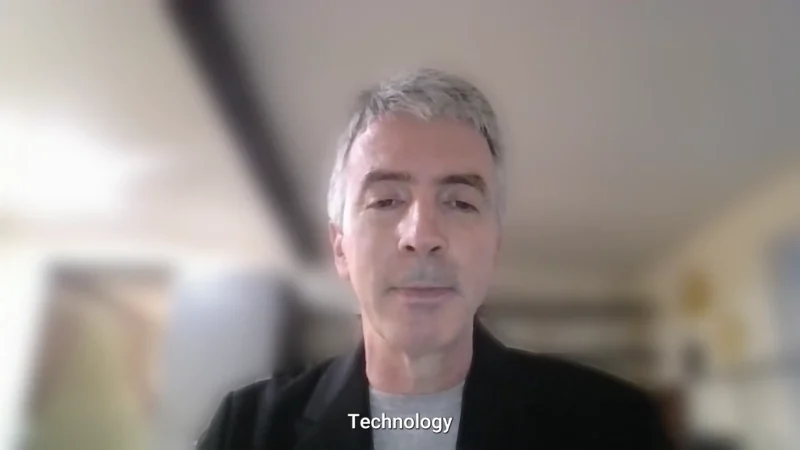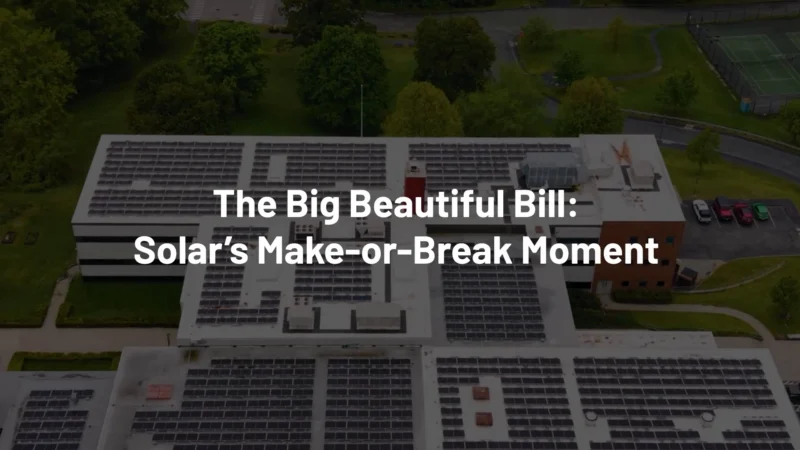Inflation Reduction Act (IRA) is Helping Push a New Era for Renewable Energy
The Inflation Reduction Act (IRA) is making some big waves in the energy sector, aiming to transition from fossil fuels to renewable energy. As inflation concerns and geopolitical tensions rise, the IRA promises to reshape the energy landscape in the United States. With substantial incentives for clean energy technologies, the stakes are high for achieving a sustainable future. Analysts predict a significant reduction in CO2 emissions, aligning with the IRA’s ambitious goals.
How will the IRA impact the energy industry, and can it achieve its lofty objectives?
On this episode of the Moss Adams podcast, host Michelle Dawn Mooney looked into the topic with Matt Kaden, Managing Director at Moss Adams. For the segment, the two explored the potential impacts of the IRA on renewable energy, while discussing its key provisions and challenges.
Several key points from the episode:
- The IRA aims to accelerate the shift from fossil fuels to renewable energy, enhance energy security, and ensure fair wages and apprenticeship programs.
- New and enhanced tax credits are incentivizing investments in technologies like hydrogen, carbon capture, and EV infrastructure.
- Bureaucratic inefficiencies, rising raw material costs, and high interest rates pose significant challenges to achieving the IRA’s objectives.
Matt Kaden is the Managing Director at Moss Adams with 15 years of experience advising energy market participants, including renewable project developers, oil and gas companies, and infrastructure funds. His expertise spans wind, solar, battery storage, geothermal, and renewable natural gas.
Article by Alexandra Simon.




